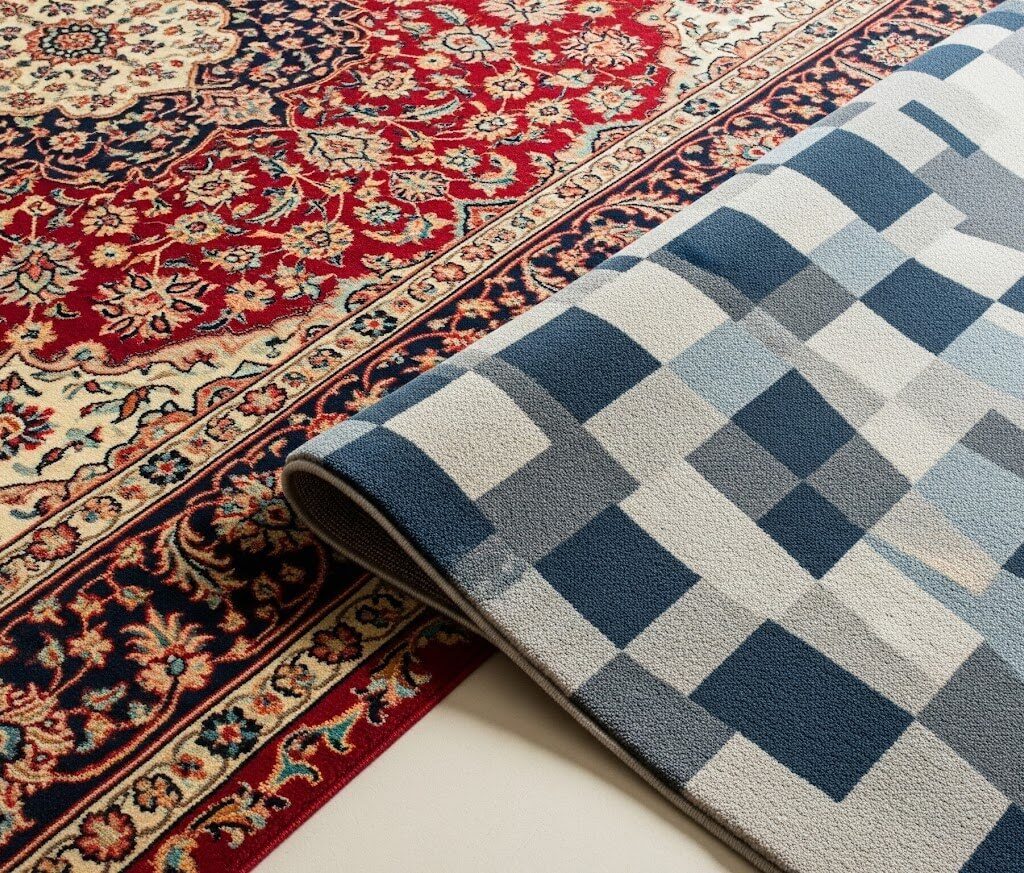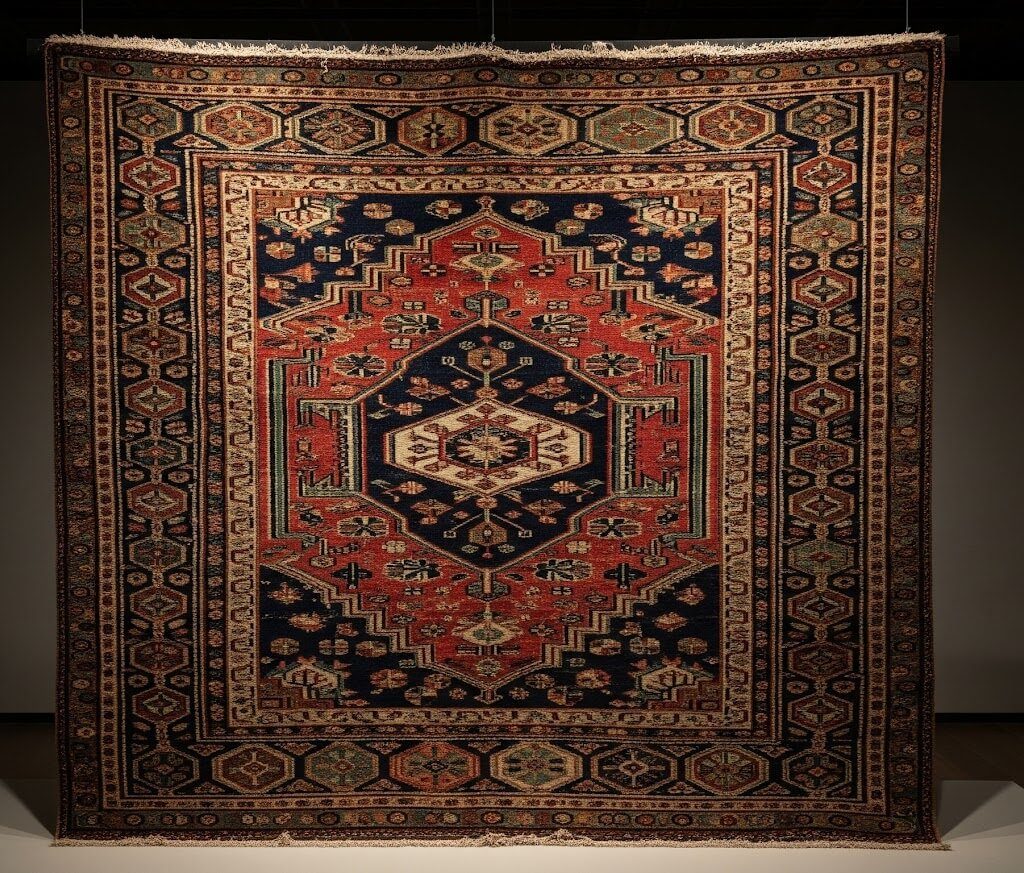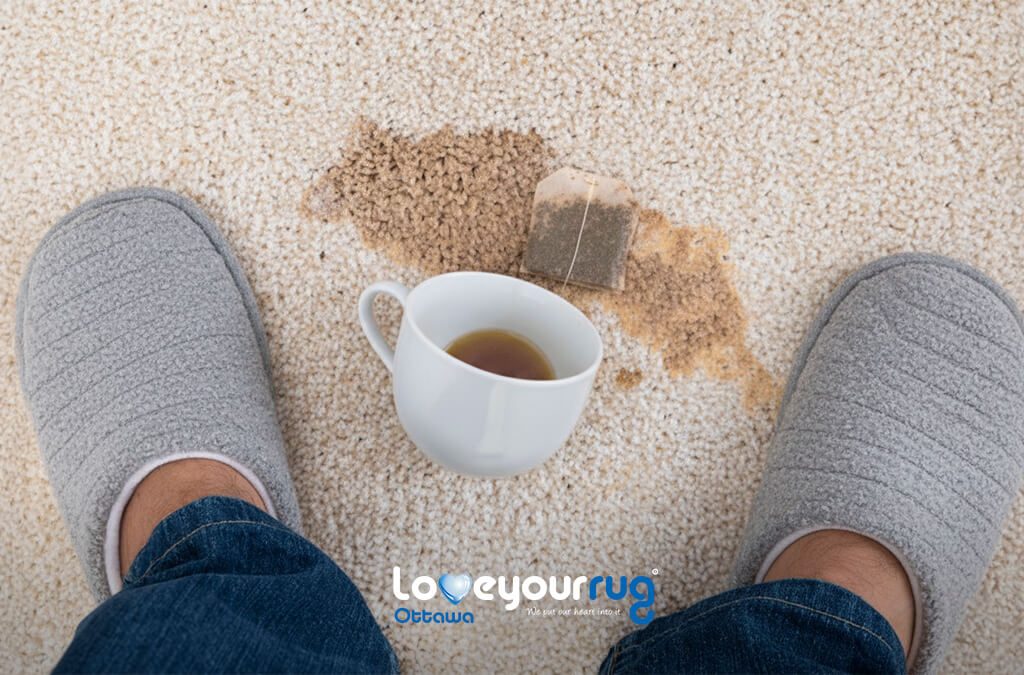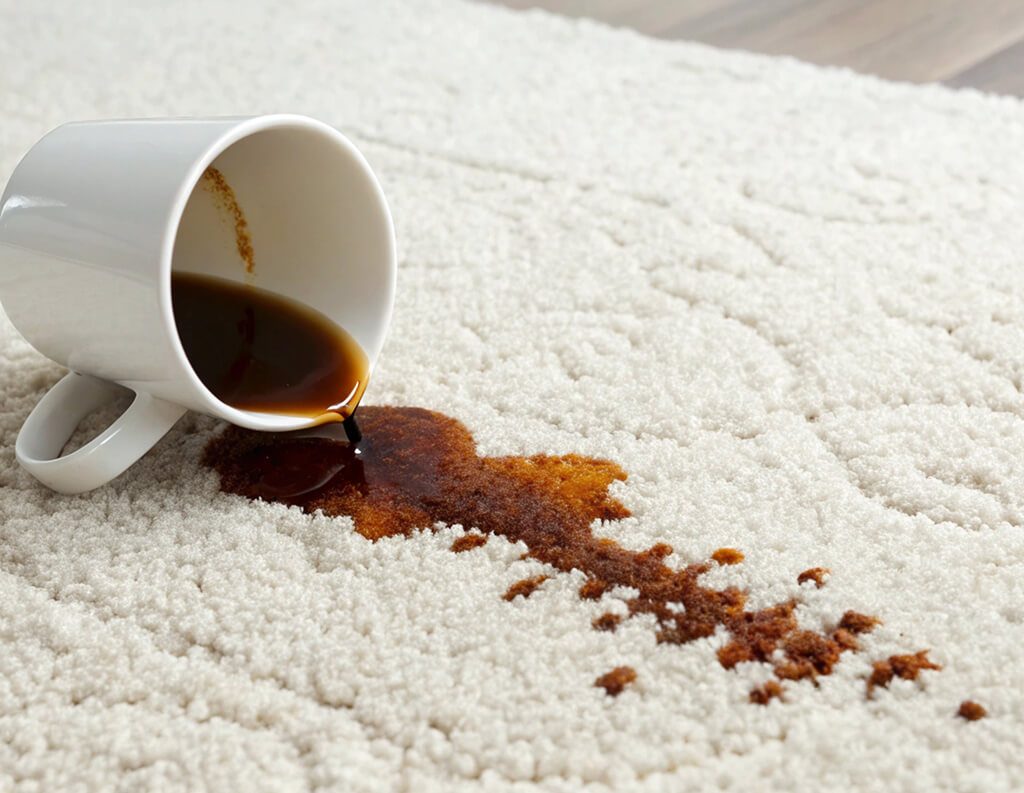Rug vs Carpet: Understanding the Key Differences
When looking at rug vs. carpet, many people assume they’re the same thing. But there are important differences between the two that affect how they’re used, cleaned, and even appreciated over time. Whether you’re a homeowner trying to pick the right floor covering or someone curious about their history, knowing the difference between rug and carpet can help you make better decisions for your space.

Size and Coverage
One of the clearest differences in the rug vs. carpet conversation is size. A rug is usually a smaller, movable piece that covers only part of a room. It might sit under a coffee table, in front of a sofa, or in the center of a dining space. Rugs often start at around 160 x 230 cm, but they come in many sizes, from tiny accent rugs to large area rugs.
On the other hand, a carpet typically stretches across the entire room. It’s a fixed, wall-to-wall covering that provides a seamless look from edge to edge. This makes a carpet ideal when you want to cover the whole floor and create a cozy, uniform feel throughout a bedroom, living room, or office.
Attachment and Portability
What is a rug? It’s a freestanding, portable floor covering. You can roll it up, move it, or switch it out with another rug when you want to refresh your décor. This makes rugs easy to clean or store.
What is a carpet? It’s a floor covering that’s fixed to the ground, usually installed with tack strips, adhesives, or glue. Once installed, a carpet stays in place and can’t easily be shifted without professional help.
Purpose and Use
The difference between rug and carpet also shows up in how people use them. Rugs are flexible, stylish, and often used to define spaces within a room. For example, a long runner works well in a hallway, while an accent rug adds character to an entryway. Large area rugs can even cover a small room without the need for a full carpet.
Carpets, by contrast, are often chosen when you want a warm, cohesive look across the whole space. Bedrooms, family rooms, and dens often benefit from carpet because it helps with insulation and noise reduction.
Cleaning and Maintenance
Here’s where rug cleaning vs carpet cleaning really stands apart:
Rugs
- Easier to maintain
- Can be vacuumed, shaken outside, or sometimes even machine-washed
- Easy to clean underneath by simply lifting the rug
- Some delicate fabrics may need extra care
If you want professional help keeping your rugs in top shape, check out rug cleaning services in Ottawa.
Carpets
- Require regular vacuuming across the entire room
- Need periodic deep cleaning or professional services
- Fixed in place, so cleaning underneath isn’t possible without removal
- Can trap odours, stains, allergens, and moisture
For carpets, occasional deep cleaning is key. You can explore local carpet cleaning services in Ottawa when needed.
Cost Differences
Here’s a simple breakdown of how rugs and carpets compare on cost:
| Factor | Rugs | Carpets |
| Initial Price | Often higher per square foot, especially handmade | Lower per square foot, especially synthetic options |
| Installation Costs | None, just lay it down | Professional installation required, adds to cost |
| Maintenance Costs | Lower due to portability and easier cleaning | Higher, with regular deep cleaning needed |
| Longevity and Investment | Longer-lasting, especially for handmade pieces | Varies; some carpets wear out faster in high-traffic |
| Total Area Coverage | More expensive if covering a large space entirely | More affordable for large, continuous coverage |
Design and Style
Rugs and carpets’ differences really show when it comes to style:
Rugs
- Available in a wide range of patterns, colours, textures, and shapes
- Can easily be switched out to match new décor
- Often used to create focal points or accent spaces
- Custom and handmade designs are common
Carpets
- Provide a more uniform, seamless look across the room
- Typically chosen to match the room’s overall style
- Changing carpets requires more effort and cost
- Focused more on comfort and cohesion than dramatic design
Materials and Craftsmanship
Both rugs and carpets use materials like wool, cotton, jute, silk, and synthetic fibres. Handmade rugs, especially Persian or Oriental types, are often prized for their craftsmanship and artistry, while most carpets today are machine-made for uniformity and cost efficiency.
Historical Context

The terms “rug” and “carpet” weren’t always as separate as they are today. Before the 19th century, carpets covered more than just floors; they included table covers and wall hangings. The rise of machine-made production shaped today’s definition, with “rug” now referring to smaller, movable pieces, and “carpet” meaning wall-to-wall floor coverings.
Ancient Origins
Floor coverings go back to the Neolithic period, with early examples found in Central and Western Asia. Some of the oldest knotted carpets were found in Siberian royal tombs from the 5th to 3rd century BC.1 In Europe, precious rugs were often used on walls or furniture rather than floors, especially before the 17th century. Covering entire floors with luxury carpets became fashionable later on.
Artistic Value
Handmade rugs and carpets hold deep cultural and artistic meaning. Their designs often reflect themes of protection, abundance, and paradise. Each handmade piece is unique, marked by small irregularities from the weaving process. Machine-made carpets, on the other hand, focus on consistent, practical design.
Final Thoughts
Understanding the differences between carpet vs. rug helps you make smarter choices for your home. Whether you want the flexibility of a rug or the comfort of a carpet, both bring value and character to your space.
If you’re curious to learn more about caring for your floors, home upkeep, or rug and carpet tips, check out more articles on our blog for helpful insights.
References
1. Eiland, and Murray L. “Rug And Carpet | Types, Design, and History.” Encyclopedia Britannica, 12 Jan. 2000, www.britannica.com/technology/rug-and-carpet/France.
Cuz Sharing is Caring
You May Also Like

How To Get Tea Stains Out Of Carpet
Relaxing while drinking a nice cup of tea in the morning can quickly turn into a stressful situation when the cup tips over and tea seeps into the carpet fibres.

How To Get Coffee Stains Out Of Carpet: Easy Solutions for Fresh and Old Spills
Accidentally spilling coffee onto your carpet can quickly turn a calm morning into a frustrating start to the day. Coffee is notorious for leaving behind stubborn discoloration and a sour,


